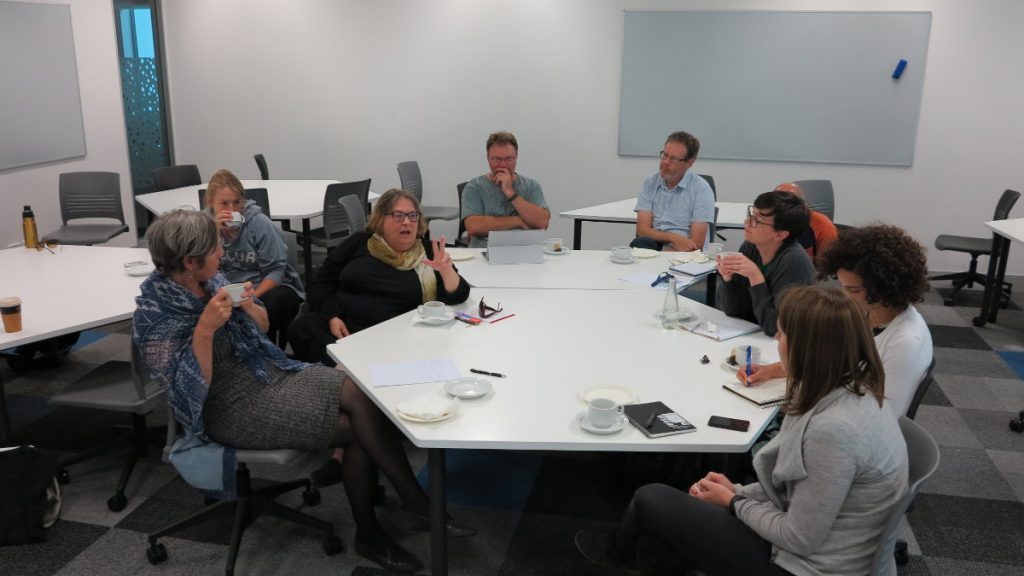Some years ago I came up with a methodology called Book Sprints. It is a facilitated process that takes a group of people to collaborate on producing a book in 5 days. Zero to book in 5 days as we say.
There has much I have learned from this methodology which can be re-purposed. After 10 years working with Book Sprints (10th anniversary this year!) I now know a lot more about why it works and what kind of situations would fit this kind of process. For example, facilitated methods like this don’t work when there is just one person that has the knowledge that is needed in a book. For help with this one author approach, you need either a coach or a ghostwriter. Ironically, when I started Book Sprints I was in exactly this situation…I couldn’t Book Sprint about Book Sprints because I was the only one doing them.
But when you get two or more people …it starts to get interesting…. this is because Book Sprints are very good at developing a shared mental model of the problem very fast. The more minds with the right domain knowledge that come at this together, the better the result… with a few caveats… For example, it seems a natural limit for the number of minds to share the process is about 15 max. That’s because too many minds go too far too fast and you might end up with quite a lot of fragmentation. However, if you have the right people, the right methodology, and (most importantly) an experienced facilitator that knows how to wield the methodology – then magic can happen.
Anyway… I am now applying myself to taking these lessons and developing a new methodology, working title ‘Workflow Sprints’….what is it? Well… I have seen similar problems with the speed of production for books in the software world… The problem is – how do you redesign a (much) better workflow, and then design a platform to meet those needs quickly? What I see happening is that organisations will employ someone external, or re-deploy internal staff, to do a workflow audit, interviewing all parties, create a report with flow diagrams, and then use this as a basis for the developers to imagine a better way of doing things. It is a very linear and disconnected process, and it takes a very long time.
I believe that I can facilitate a group to do this in 2 days. In fact, I’ve already done it. Recently I went to EBI (Europe PMC folks) to do a workshop on their workflow. In a day we had redesigned it and had mocks ready to go. I was curious to see how much this remained true over time, and it appears that they are sticking to this design. They will fill it out, to be sure, but they had the starting point in a day.
It’s not the first time I’ve facilitated workflow development in a couple of days; there have been a lot of workshops I facilitated with various publishing entities on the way, but this was the first time I felt confident enough to go in boots and all. Now that I see how the process can work ,I’m going to try and make this a thing. I have thought about the workflow I want in order for this to happen, and I’ll be trying it as a full-blown method and workflow in the next few months with an org or two. The aim is to produce a summary of the current workflow (this takes a long time if using a legacy ‘interview’ process and much nuance is missed and I’m confident we can get a better result), a summary of the optimised / improved workflow, and wireframes of the new platform. All in 2 days. Which also means I can make this very cost-effective, a whole lot faster than legacy processes, with better results and internal buy-in since it’s the internal staff that design the new workflow and platform for themselves.
It is quite an efficiency. I’m hoping it will be something publishers can consider doing in the early phase of deciding whether they want to migrate to better workflows.
Quite possibly, you think this is a big call. But I’ve done this before. When I started Book Sprints I didn’t come across anyone that thought it was possible… this feels very similar.
I think it is going to work very well. There will always be challenges as you can’t anticipate how all the variables at play will come together on the day. But I have been there before with Book Sprints, and I’m pretty confident in my facilitation skills… So here goes….
Once I’ve proven this out with a few orgs I think this could prove to be extremely beneficial to any publishing org that is pondering how they can improve their workflow – with or without new technology. It could be useful for any org, for that matter. Interesting days.
Some photos below of some of the orgs I worked with to help define this process…
Wormbase
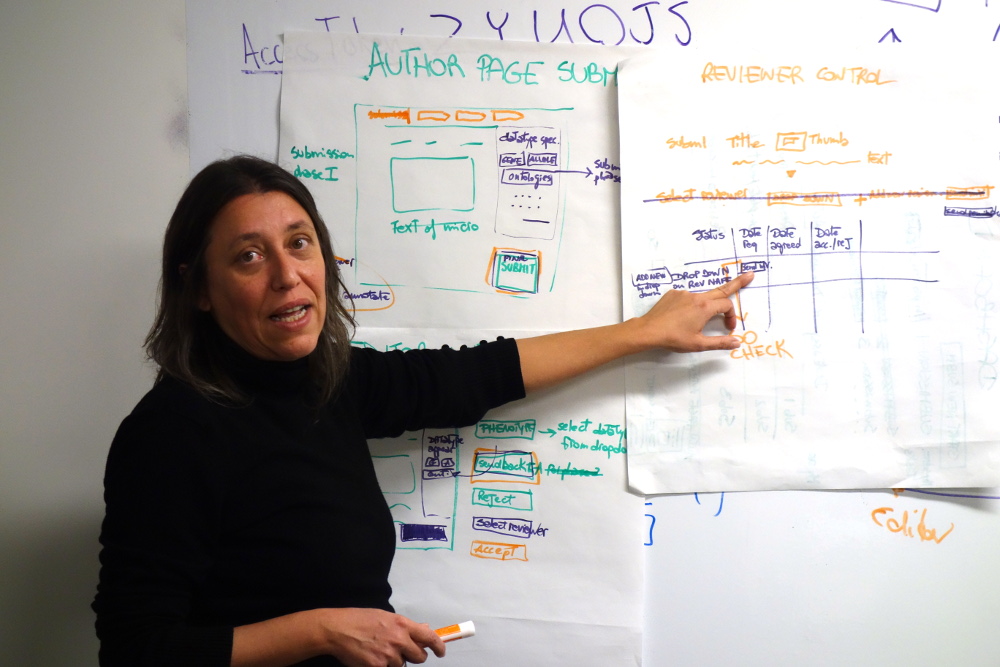
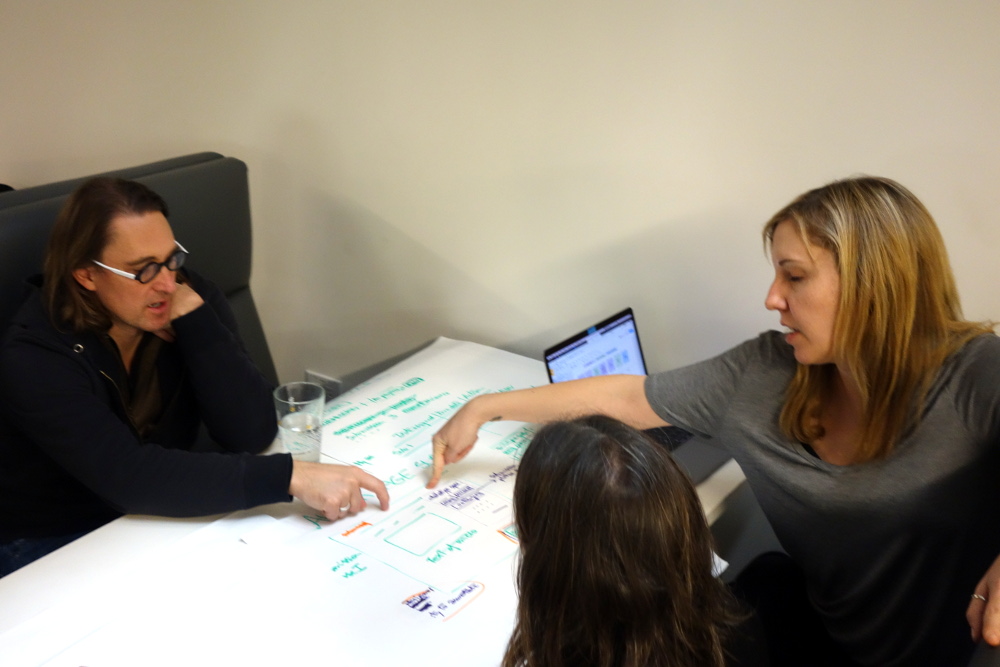

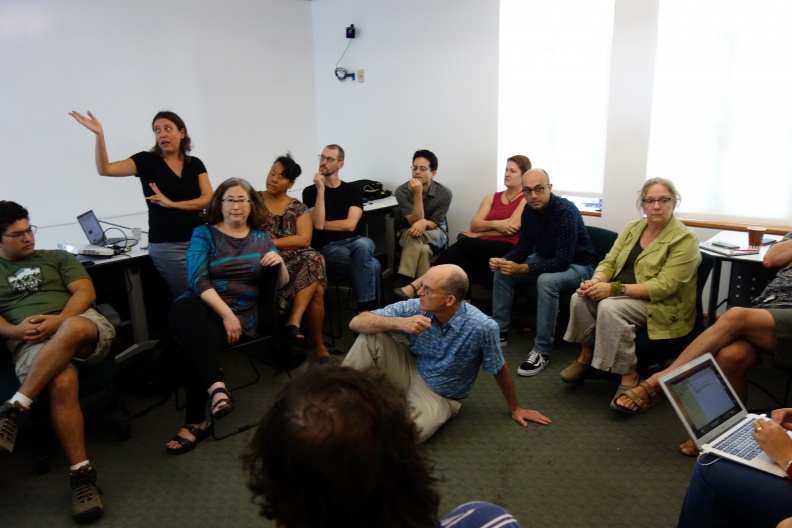
ArXiv
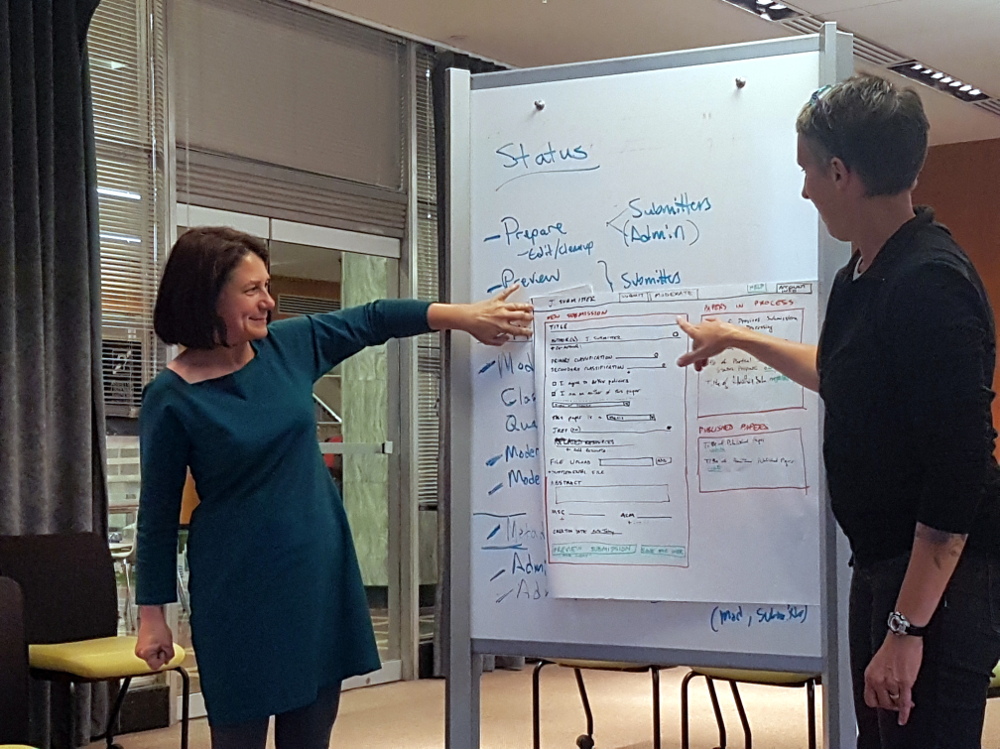
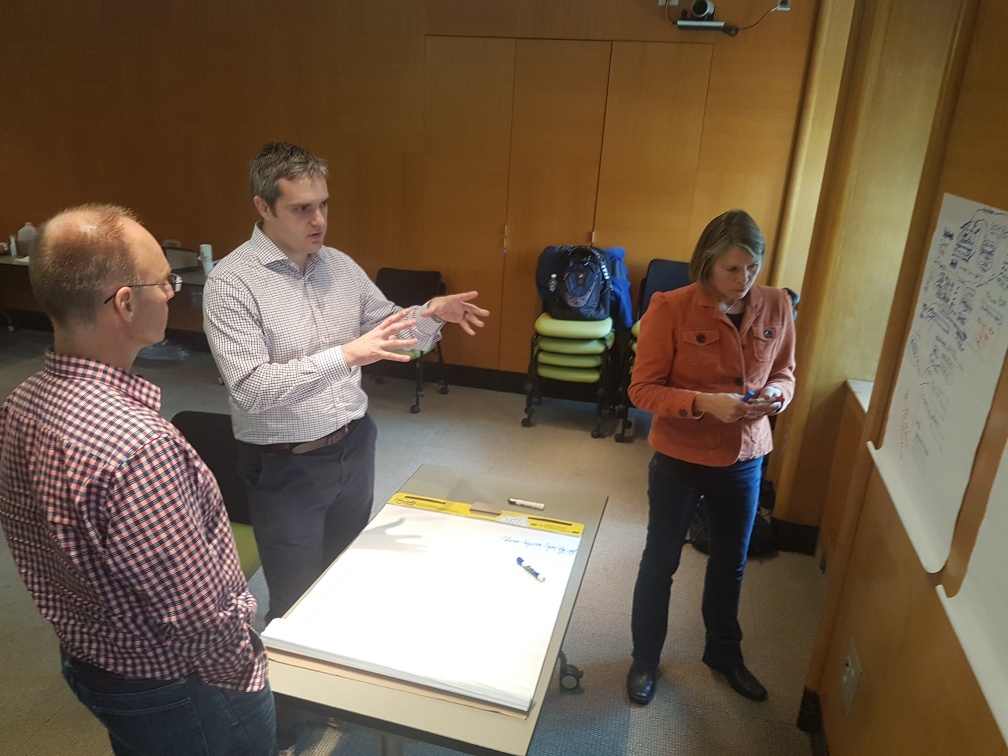
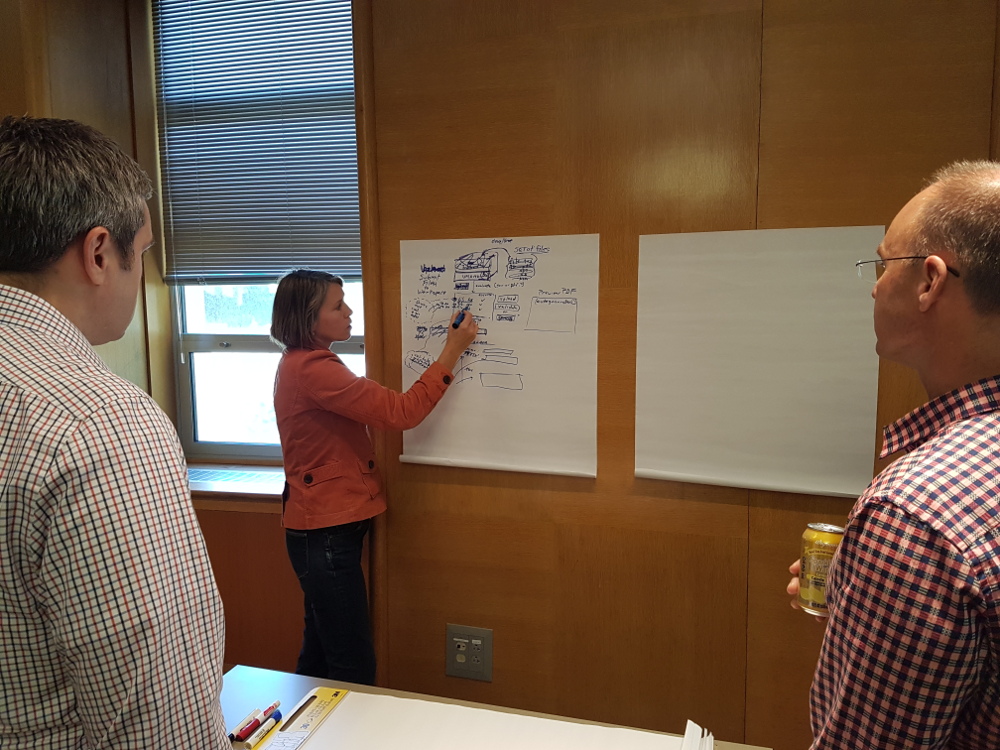
Collabra
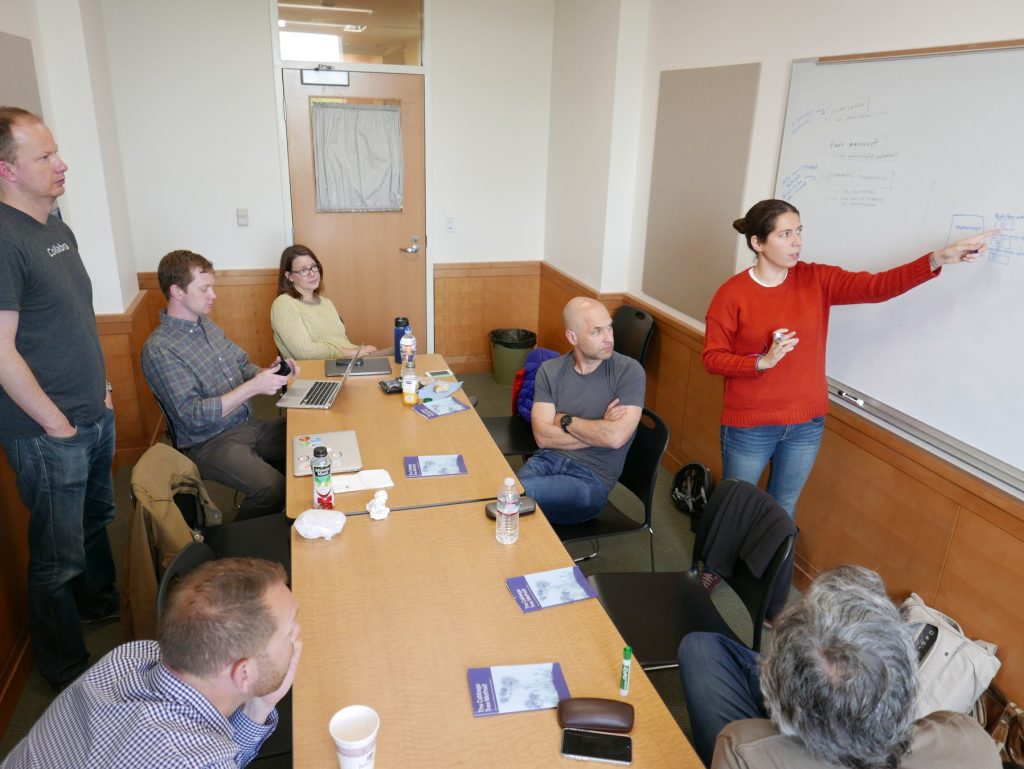
Erudit
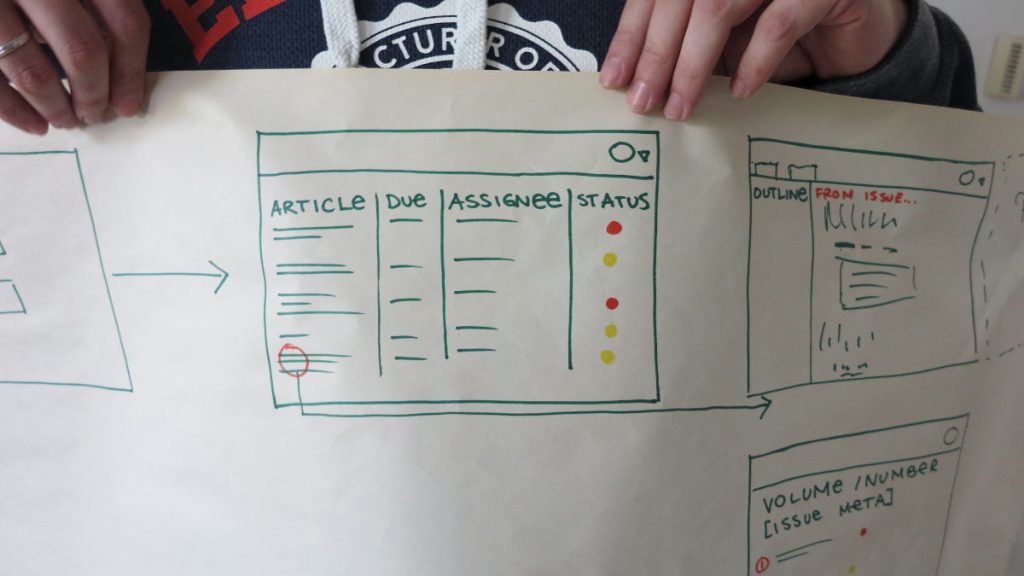
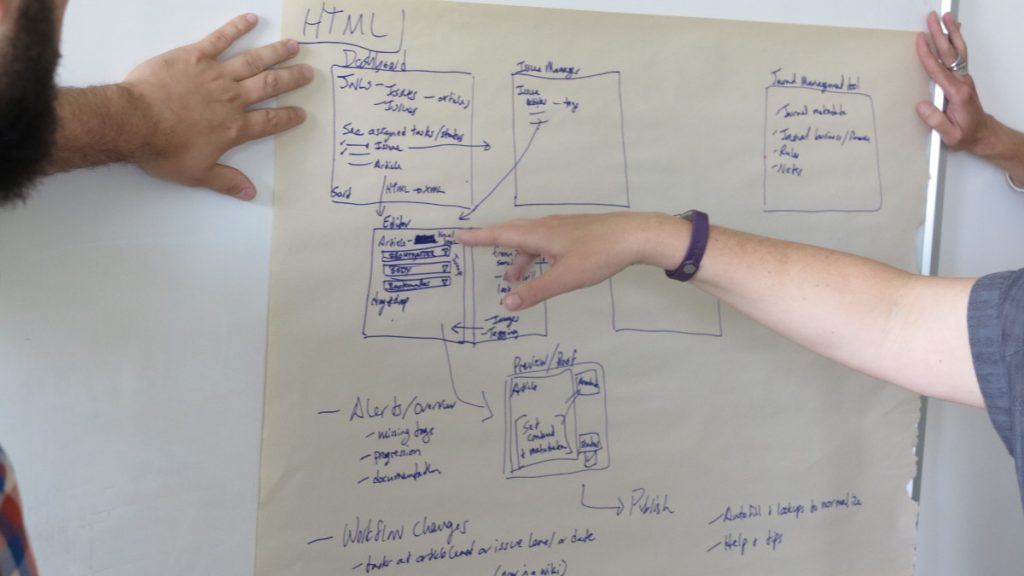
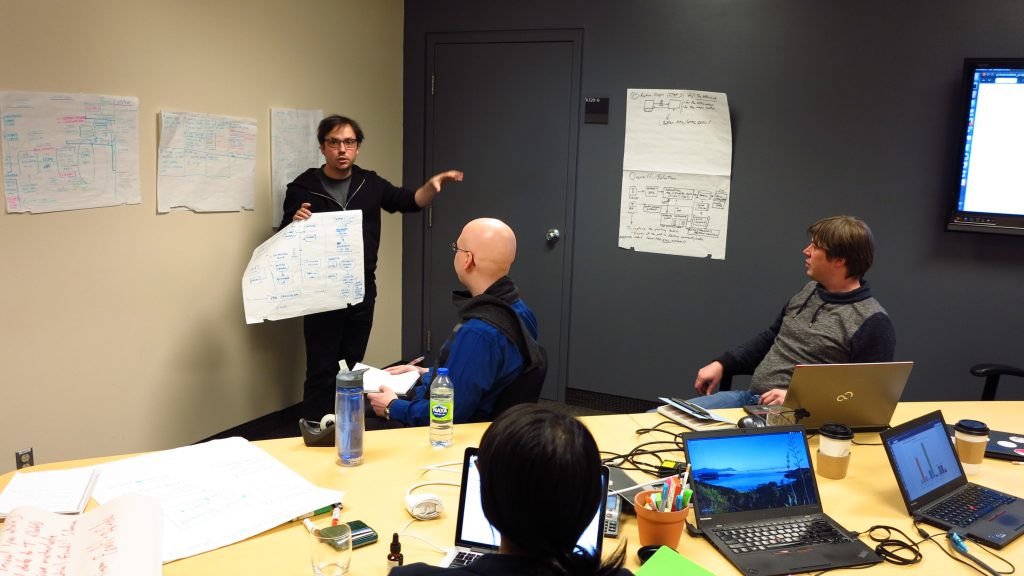
UCP

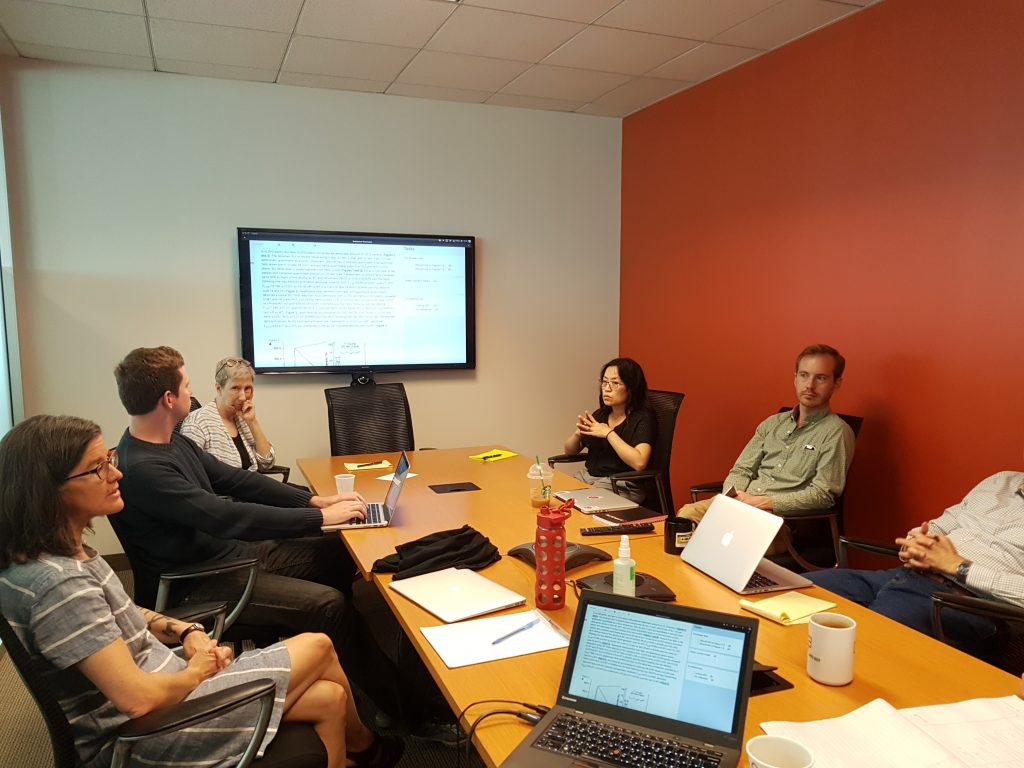
EBI /EPMC
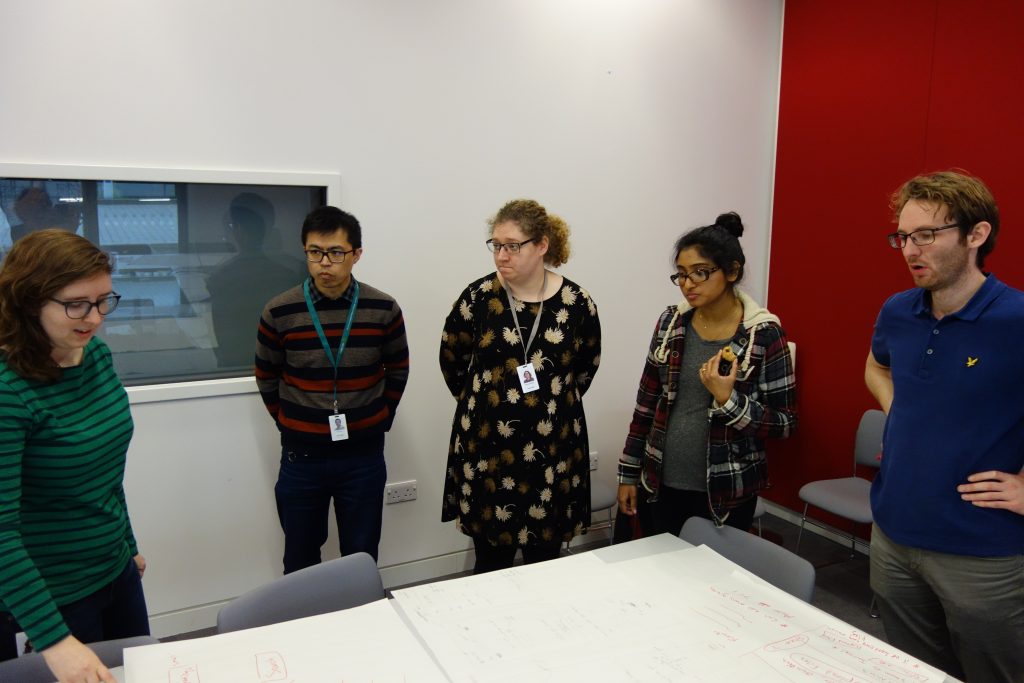
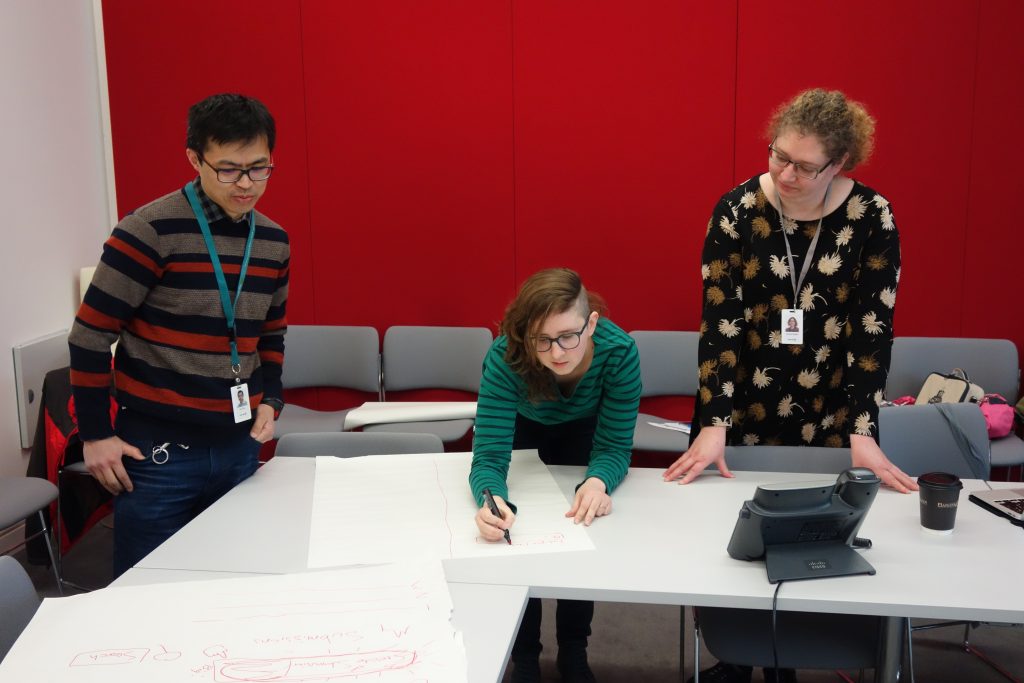
AUT
